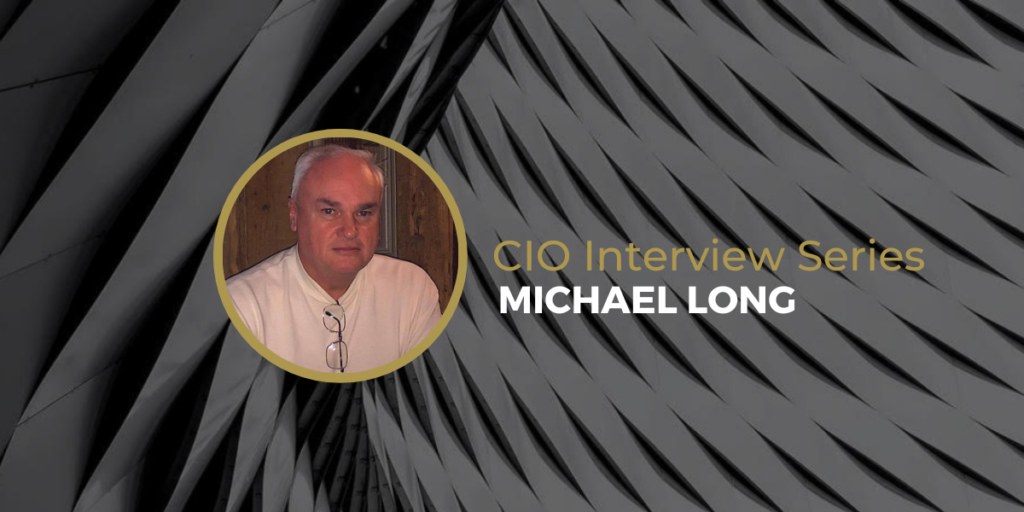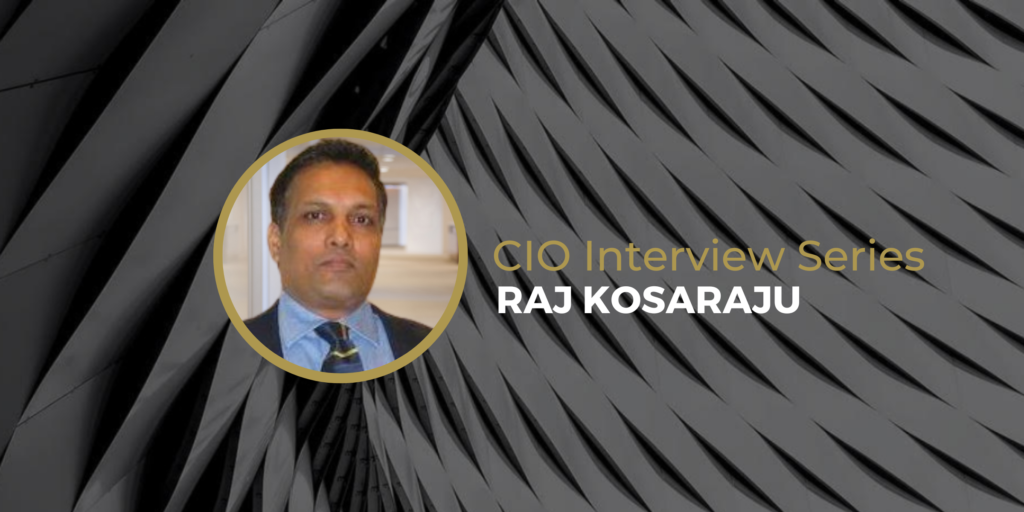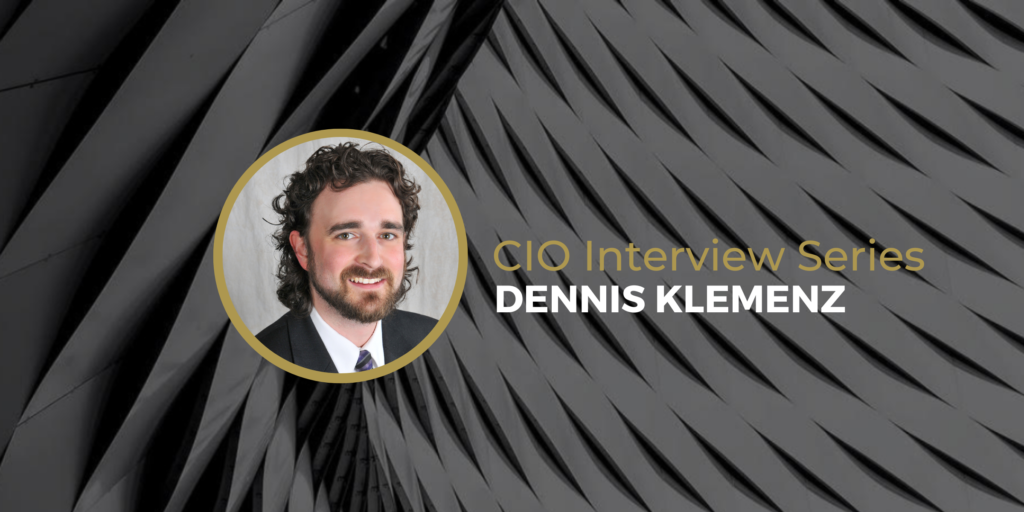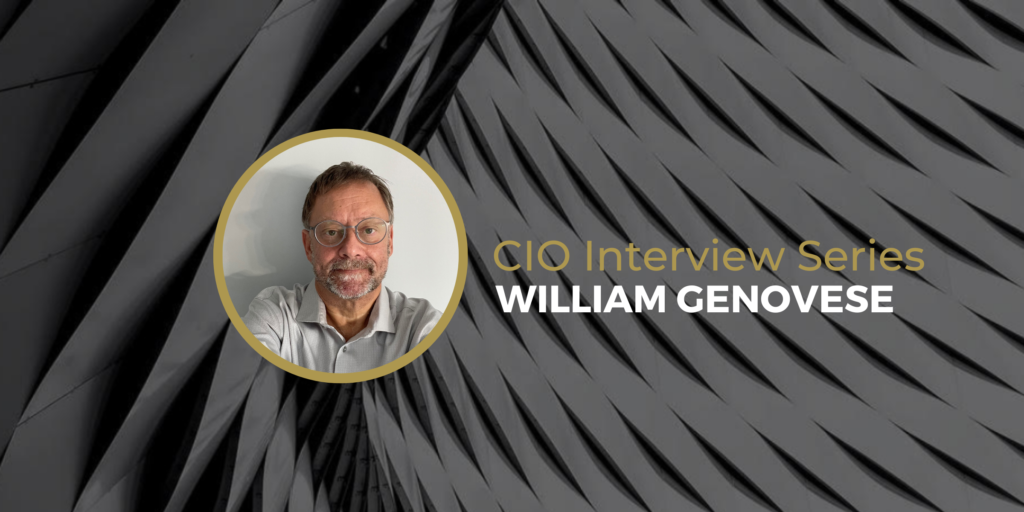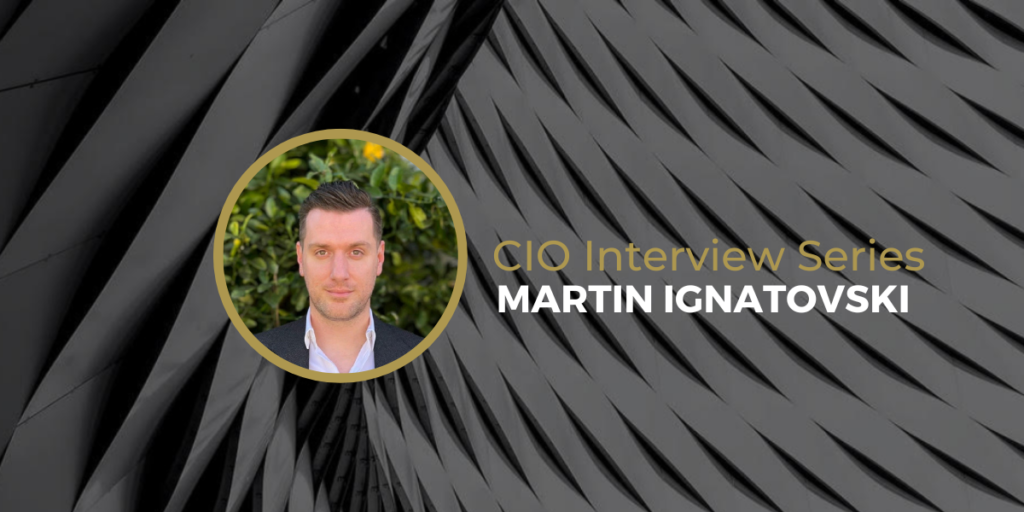Douglas Blair
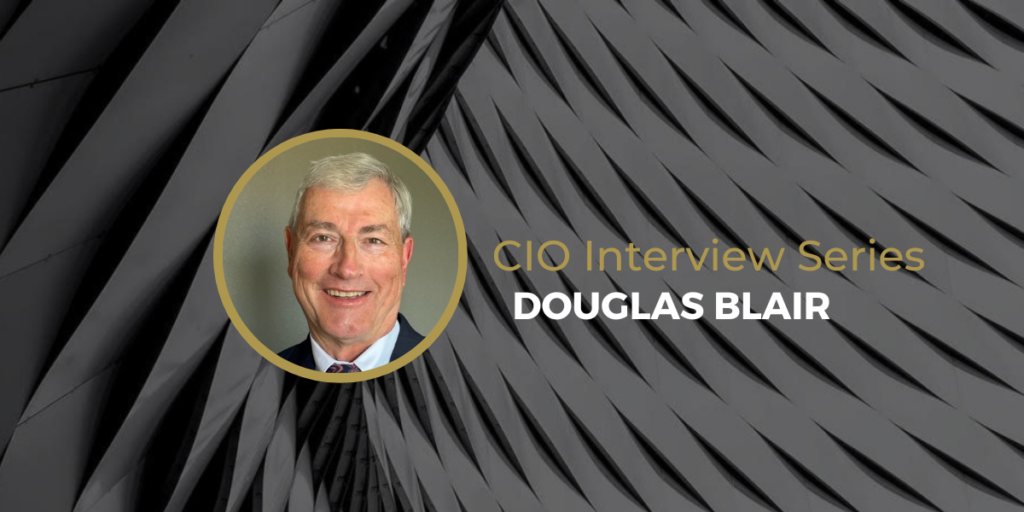
CIO at Ohioguidestone
Can you please provide a little introduction about yourself
I am the CIO for Ohioguidestone the largest behavioral health agency in Ohio providing the full spectrum of services. This organization was founded in 1864. I split my time remotely and working in Berea and Cleveland.
What has your journey to your position been like? What path have you taken?
Doug Blair, FACMPE, CPHIMSS, has extensive healthcare experience with hospital systems, HMOs, TPAs, and physician groups. At Henry Ford Health System he led cardiology operations before moving to private practice management, supporting numerous mergers and developing a specialty physician organization in mid-Michigan.
Blair, as Senior Director for Trinity Health brought physicians and clinicians closer to the hospital with information technologies developing partnerships with the City of Columbus Public Health Department and Federally Qualified Health Centers (FQHC). He led the implementation of a first-generation EMR in 2001 at 24 locations in Central Ohio.
He led the enterprise rollouts of the Epic EMR system at health systems across the US including Brookdale Medical Center in Brooklyn, the University of Maryland, Cleveland Clinic, and the University of Washington. He also conducted ambulatory implementations for Memorial Health in California, Sparrow in Michigan, Kettering in Ohio, and Cone in North Carolina. He is currently the CIO of the 158-year-old Ohioguidestone, the largest behavioral health agency in the state.
Blair has served as an expert consultant and witness in several important legal cases involving electronic medical records.
Blair is a published author and speaker on electronic medical records and taught economics at Henry Ford Community College and Oakland City University. Blair is a veteran of the US Army. He has BA Political Science/Economics, University of Michigan-Dearborn and an MBA from the University of Northern Colorado (Monfort).
Has it always been your vision to reach the position you’re at? Was your current role part of your vision to become a tech leader?
My focus has been as a change agent overseeing large-scale implementation of enterprise electronic medical records and billing systems. I like working with diverse clients and staff. I have been able to synthesize large health system requirements with the implementation models of major vendors like EPIC. I moved into the CIO role as an end-of-career cap and travel as a consultant was a bit overwhelming at my age.
Have you had a role model or mentor that has helped you on your journey?
I was always impressed by some of the CIOs I worked under. Mount Carmel was Cindy Sheets, UMMS was John Burns. They were very supportive of my efforts and style.
How do you see the role of the technology leader evolving over the next 5 years?
Being in information technology has devolved into the role of plumber or electrician. The user community and executives just expect it to work and don’t care about the details. Users are also maxing out on the technology as humans. There is an upper limit to what they can absorb and process and large parts of the population have reached that. Further, technology has diminishing value. There are, in fact, large amounts of people who have been surpassed by technology and will just fall behind.
What do you see as the next leap in technology that will impact your business or industry in particular?
Leadership is always about standing in front of the team and telling them which direction to go. That has not changed in 10 years or 100 years. Technology is no different. Your teams need their marching orders and expect the leader to be in front.
“Be prepared for intense relations with the users and service that they are demanding.”
If you were mentoring a leader of the future, what advice or guidance would you give to help them on their way?
Be prepared for intense relations with the users and services that they are demanding. This was a big surprise to me. User calling, emailing, and texting me directly for front-line support. Wow, that was an eye-opener. I think this behavior is indicative of the upcoming workforce that they expect leaders to be in contact with and directly engaged.
Is there anything in particular that you would still like to achieve in your career or what is the next step on your journey?
I am frustrated with the poor state of the major EHR systems in our health systems. The promise of these systems was limitless in 2001. Today they are moribund beasts that throttle healthcare, and innovation and add to spiraling healthcare costs. What do I do? Help hold them accountable for their poor performance. I have been working with a number of law firms on cases involving EHR systems, health systems, and vendors. The misuse and abuse of these systems is immense.
If you could change one thing in the world, what would it be?
Stop spamming all emails and robo-calls so I could get to the big issues like global peace and fixing climate change and hunger and…
Other details that you’d like to add:
This is a partial list of health systems I worked with:
- University Of Washington
- Hackensack Meridian Health
- Fresenius Acumen Solutions
- Cleveland Clinic
- Brookdale University Hospital
- New York University, Langone
- Cone Health System
- Kettering Health Network
- Sparrow Health System
- Miami University
- Memorial Care
- The Christ Hospital
- Trinity Health System
- Henry Ford Health System
Other details that you’d like to add:
Married with two daughters and stepson. All have been very successful in their young lives, and it is they who provide a shining hope for the future. With so much negativity in the world, they and other young people like them are the inspiration for me.
A big thank you to Douglas Blair from Ohioguidestone for sharing his journey to date.


